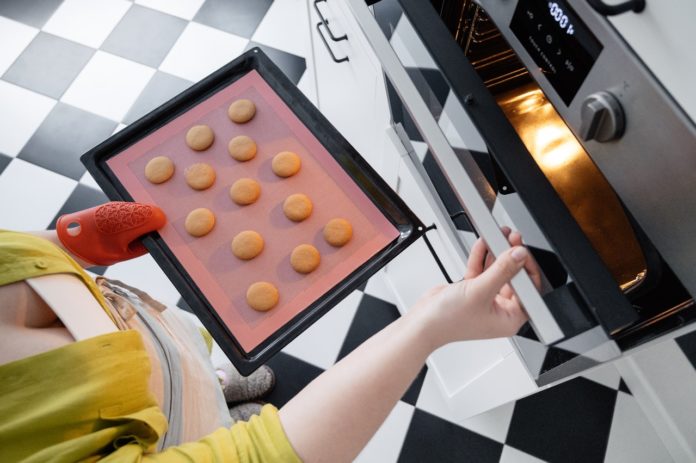Ovens are an indispensable part of any bakery operation. Commercial ovens play a critical role in the overall performance of your bakery; whatever baked goods you have decided to sell, a reliable oven is an investment worth considering. A high-quality commercial oven equipped with specific characteristics that will fulfil your demands and satisfy your baked goods’ requirements is critical to the success of your operation.
This purchasing guide will assist you in selecting an oven for the bakery that is most appropriate for your company’s needs. You should know the various commercial ranges widely used in bakeries and how they might benefit your kitchen. And also discuss the criteria you should consider when choosing a specific unit and the basic features you should look for in a commercial oven.
Convection Ovens
The smooth browning and uniform cooking of a commercial oven ensure consistent results at all times, making it ideal for baking large quantities of cakes, pies, meats, bread, brownies, and other pastries. They are also more efficient than standard commercial ovens in that they cook food 25% to 30% faster, making them perfect for bakeries that need to produce a large number of baked items in a short period.
Using a steam injection system in commercial convection ovens can be beneficial to bread makers since steam aids in the rising of the dough and creating a crispy, crackly exterior while keeping the inside soft and moist. These are often called combination commercial ovens since they can do various tasks, such as proving dough to prepare it for baking.
Deck Ovens
Deck commercial ovens are equipped with heating elements at the top and bottom of the baking chamber, as well as a stone ledge that is immediately heated, allowing you to set your goods on top of it while the oven is still baking. In addition, the temperature of the heating components may be controlled independently, allowing you to bake at varying rates on the top and bottom of your food item.
This makes it particularly handy for baking pies and quiches, where you want the crust to be crisp but not burned, while the filling to be cooked but not burnt, and the crust to be flaky but not burnt. In addition, some bakers prefer to utilize commercial deck ovens for preparing artisan bread because the stone deck imparts a true hearth character to the bread.
Conveyor Ovens
These commercial ovens employ a cooking process known as impingement, in which you place the meal on a conveyor belt, and the belt passes the food through a chamber while cooking. After that, uniform jets of hot air are blasted onto the food, heating it evenly and consistently till it comes out of the other end of the conveyor belt. The belt’s speed remains constant throughout the process to guarantee that all products are cooked in the same manner.
Conveyor belts are simple to use. Only the food items must be placed in the machine, and a button pressed to activate it, making it perfect for usage by non-skilled personnel because they do not require any specific abilities to generate well-cooked food products. The commercial ovens may also be stacked in groups of two or three, allowing you to boost your volume production without expanding your available area.
Finding the correct type of oven for the bakery depends on many factors, primarily the product you intend to make. The one size fits all philosophy for ranges does not apply since pastries require different baking techniques. As you expand our business, you will begin to consider other options like the new trend in high-speed commercial ovens.









